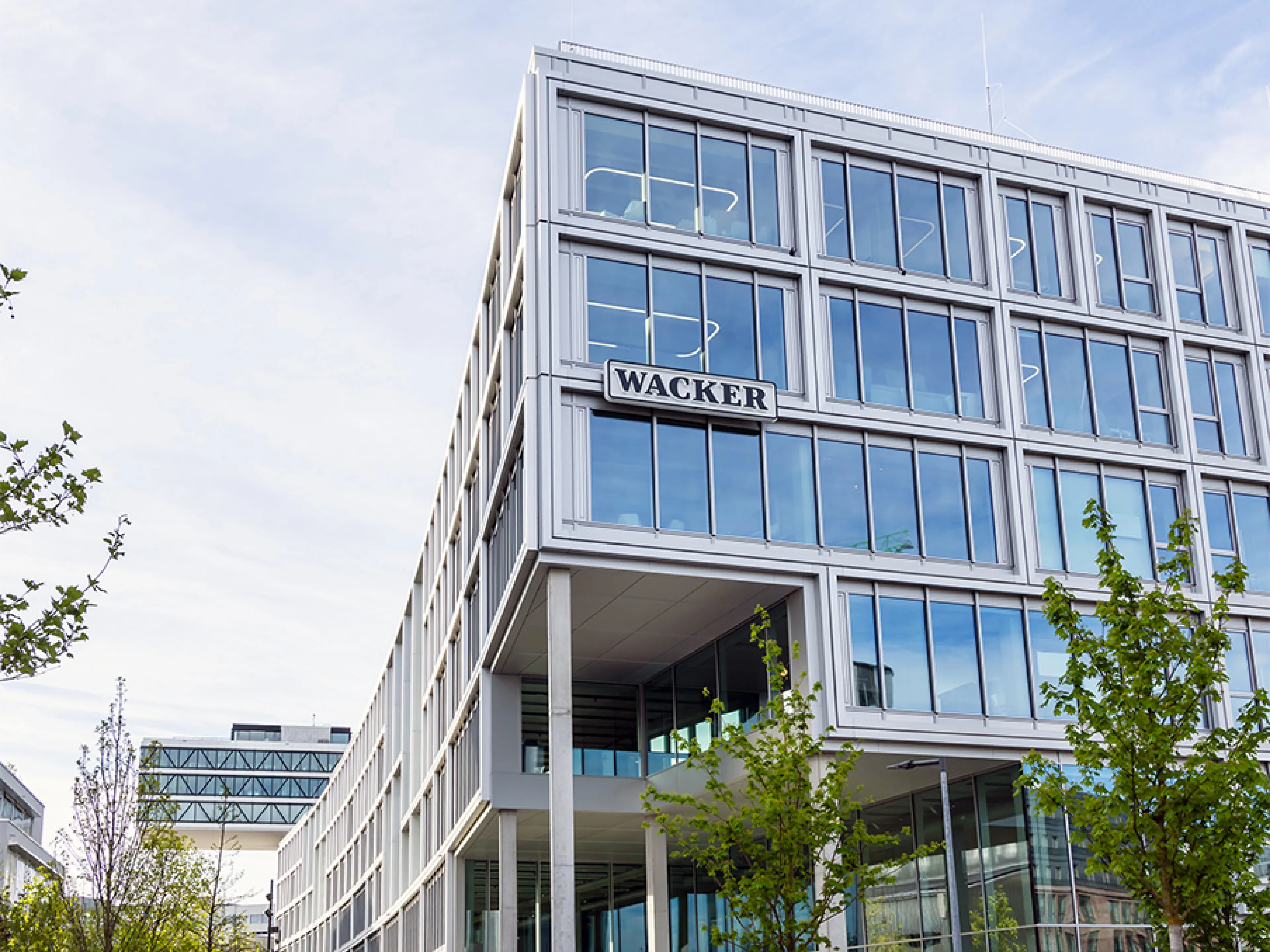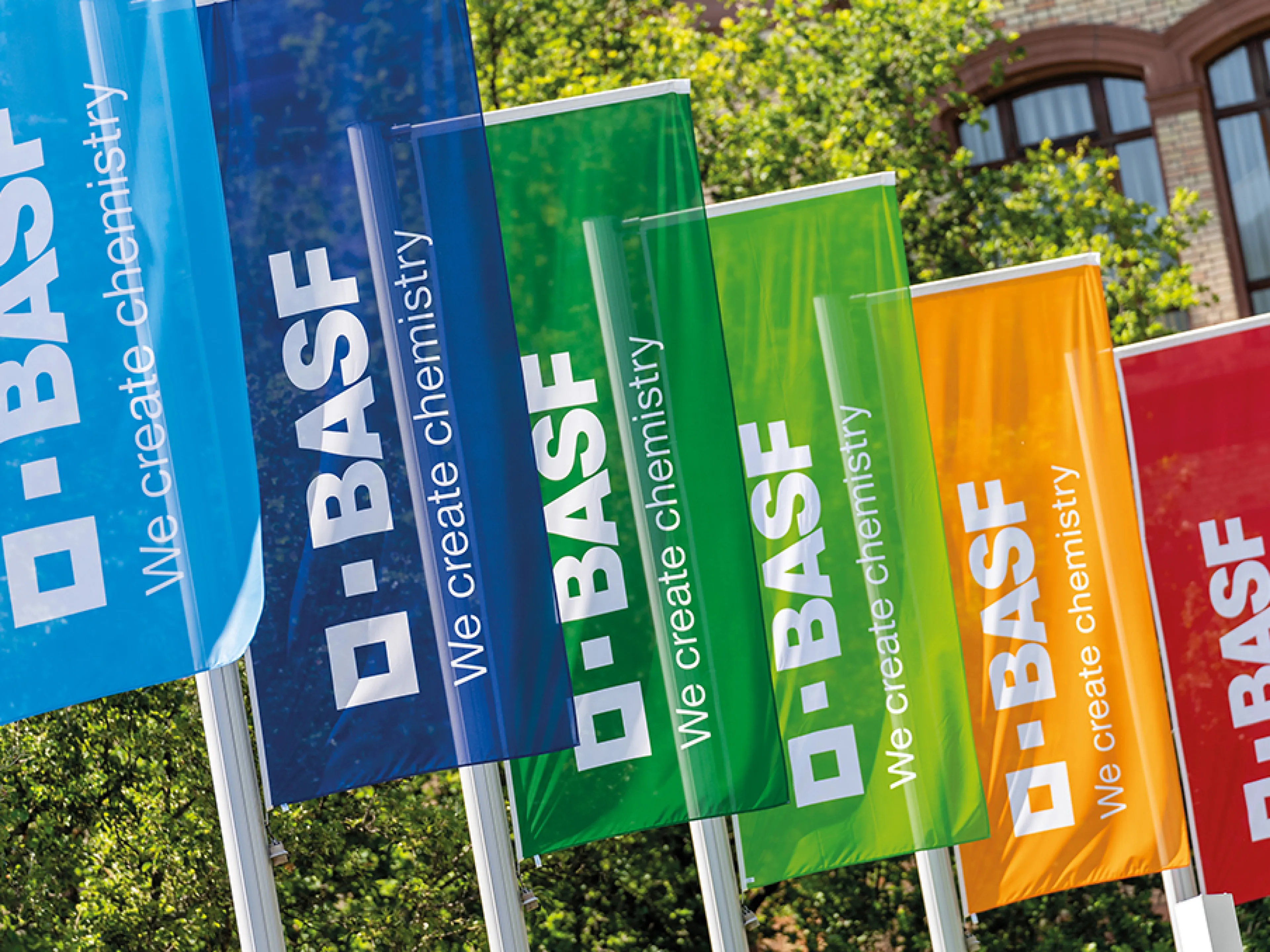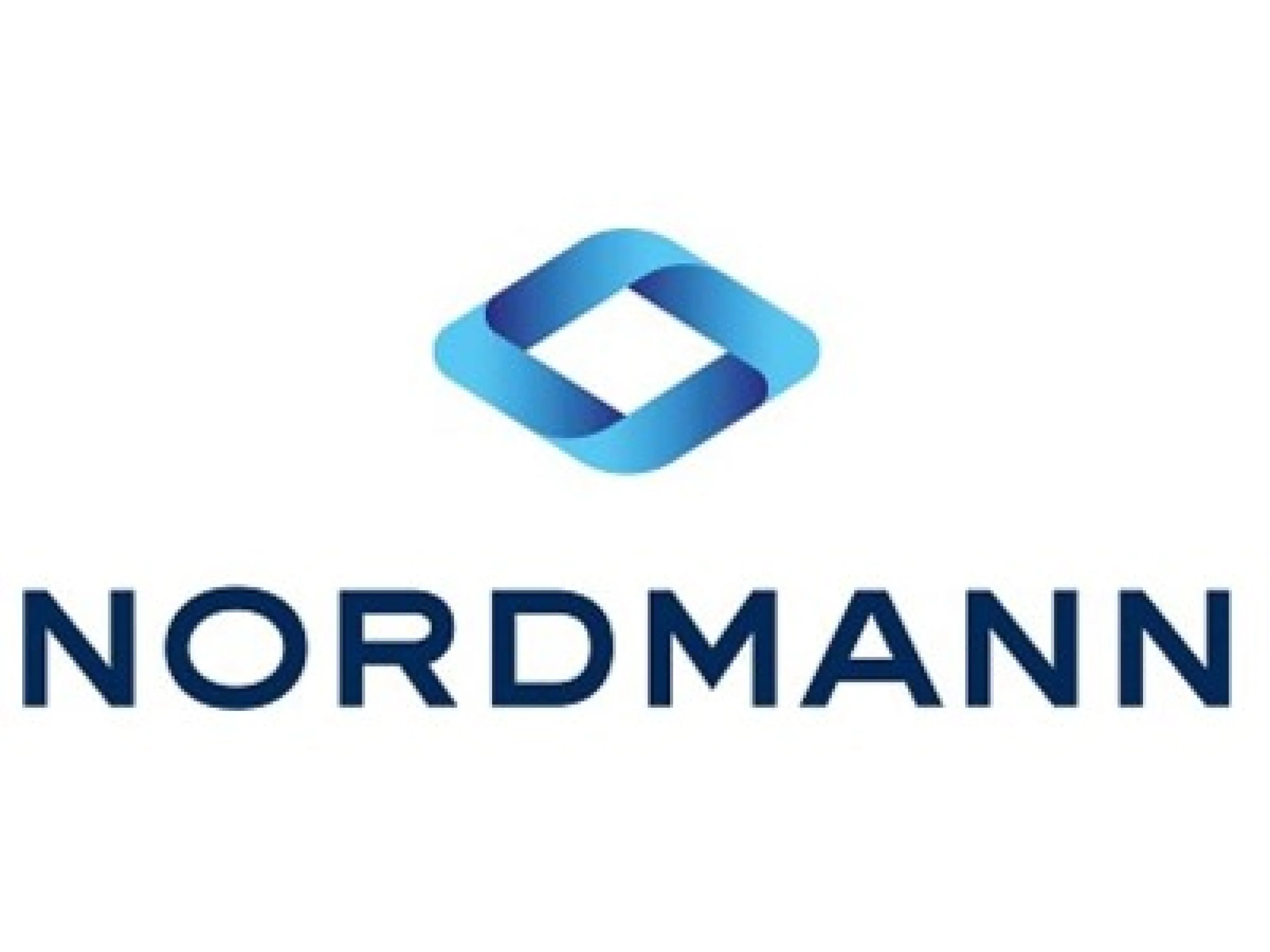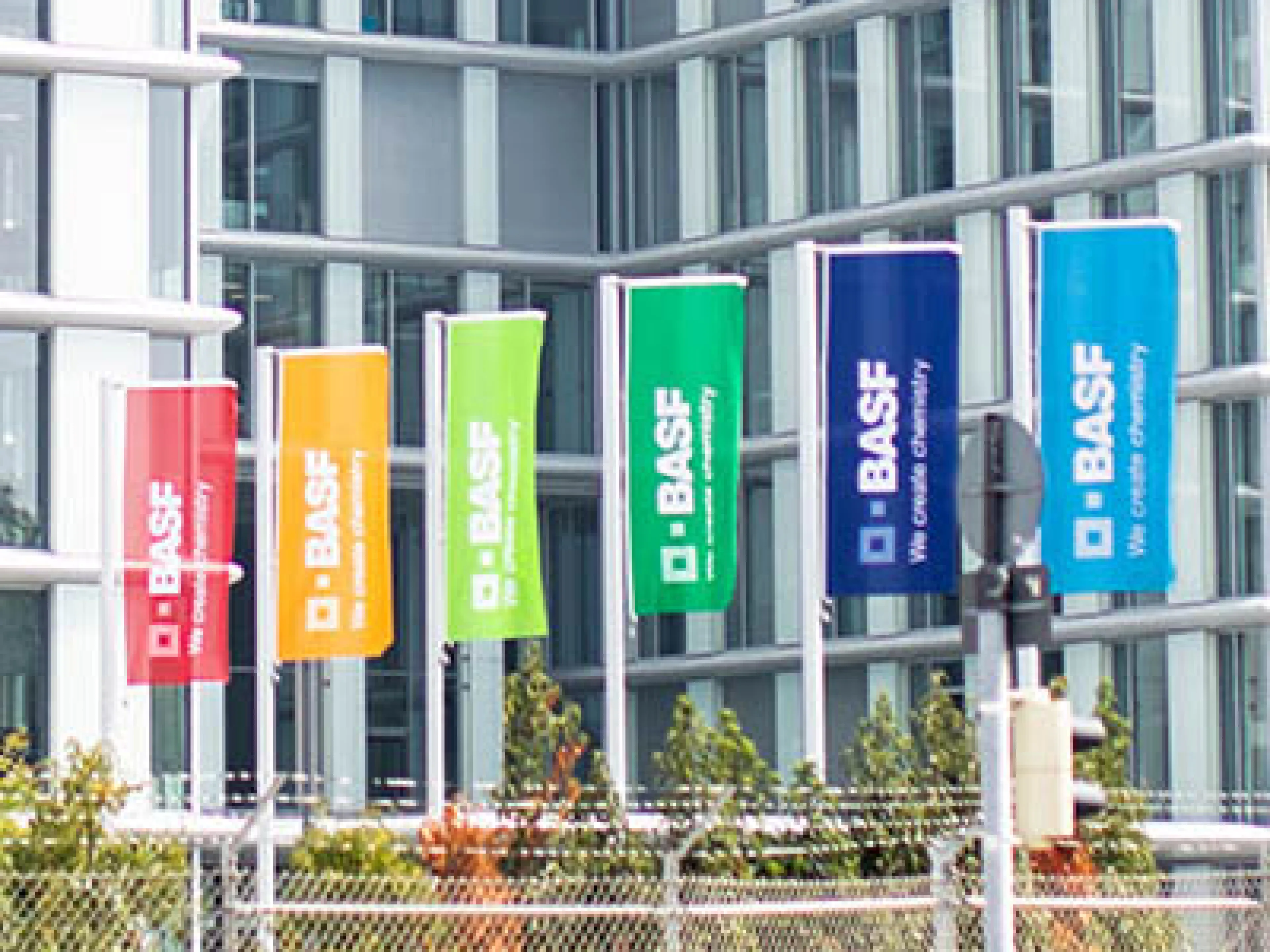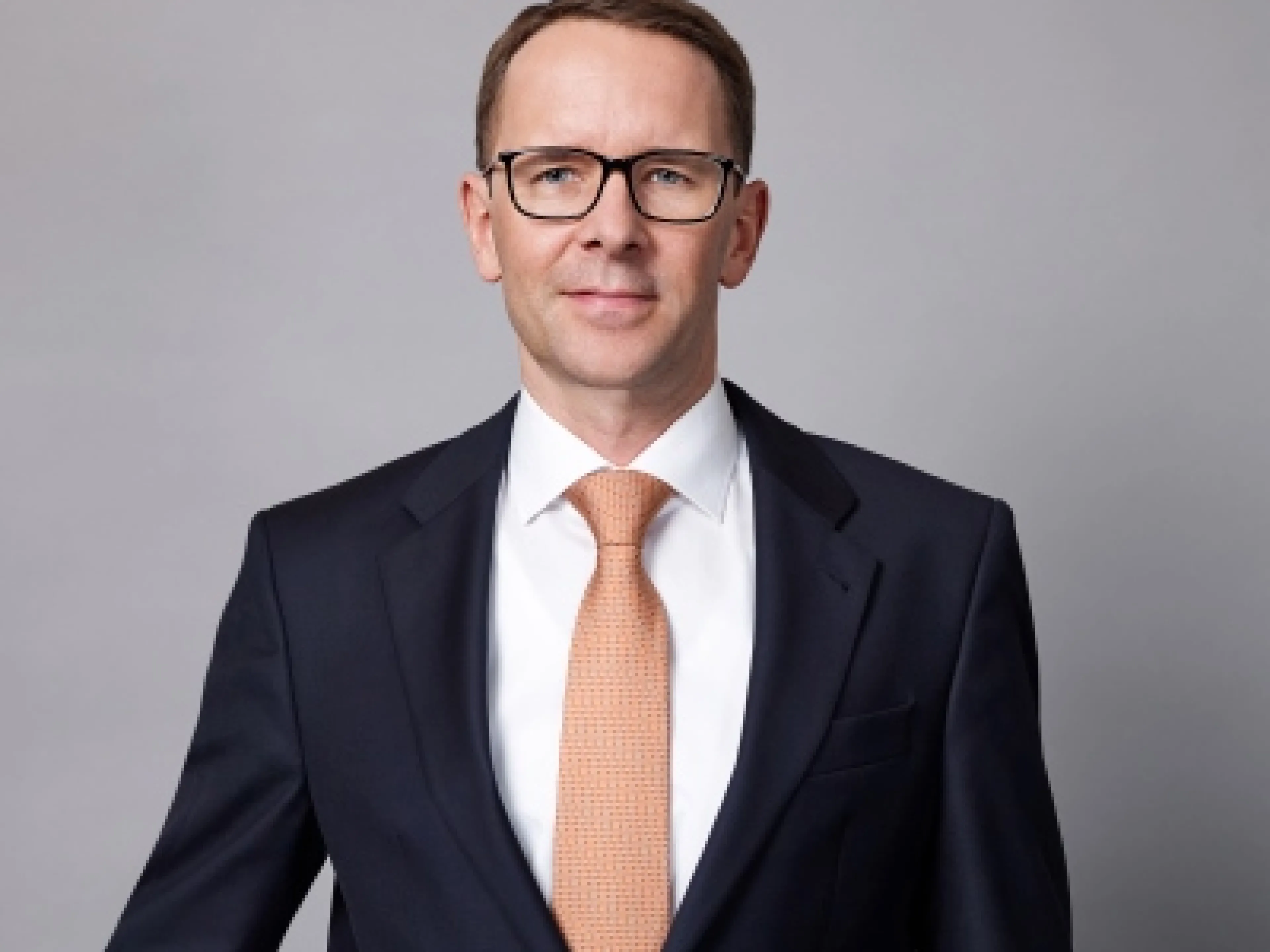
Wacker Chemie has opened two new production plants for specialty silicones in Japan and South Korea, thus strengthening its activities in the Asian growth market. The new plants are designed to meet rising demand for specialty silicones from the automotive and construction industries. Wacker has invested a double-digit million Euro amount in the capacity expansion.
Capacity expansion to serve local demand from the automotive and construction industries
“With the expansion of our production facilities in Japan and South Korea, we are strengthening our position as a market and technology leader for high-quality silicone solutions in the important Asian growth market,” said Christian Kirsten, Wacker Executive Board member responsible for the Group’s silicones business, at the opening. “The additional capacity will help us meet growing demand, especially from the local automotive and construction industries. By doing so we continue to drive our specialties strategy in the silicones sector.”
Asia is already one of Wacker's most important sales regions. “We generate more than 40 percent of our sales in Asia. Our business activities in Japan and South Korea are major contributors”, emphasizes Wacker’s executive board member Angela Wörl, who is responsible for the Asia region. “The new production lines in Tsukuba and in Jincheon support our strategy to locate our manufacturing capabilities close to our customers in the region.”
New Wacker production line in Tsukuba focuses on electric mobility
The capacity expansion at Wacker's Tsukuba site in Japan aims at customers in the automotive industry, especially in the field of electric mobility. A new production building for silicone-based thermal interface materials was inaugurated there. These thermal interface materials are silicone rubbers compounded with various additives and fillers to modify their thermal conductivity. They are used as gap fillers in the automotive and electronics industries. Additionally, they are are used to effectively manage the heat of electrical components. For example, batteries in electric cars are embedded in silicone encapsulants. This ensures that the heat generated during operation is dissipated in a controlled manner, protecting the traction battery from overheating.
Japanese automotive suppliers support electric mobility
In line with the global trend towards electric mobility, demand for silicones is also expected to increase in Asia. Japanese automotive suppliers currently invest heavily in this area. “The industry is looking for opportunities to improve the design and performance of battery powered vehicles. Silicones are materials that enable new and innovative solutions, ranging from hybrid cable systems and efficient thermal management to effective potting of power electronics and enhanced battery safety. Our production line in Japan will enable us to better support growing demand for these high-end silicones in the region,” says Wacker Executive Board member Christian Kirsten. At its Tsukuba site, Wacker manufactures silicone products and operates a competence centre and an international training centre for silicone applications as part of the Wacker Asahikasei Silicone joint venture established in 1999.
Wacker expands capacities in Korea: silicones for the construction industry
The chemical group also expands production capacity at its Korean site in Jincheon. The site has been producing silicone sealants for the construction industry since 2010 and specialty silicones, liquid silicone rubber and silicone elastomers for the automotive and electrical industries since 2012. It supplies customers throughout Asia. The production of silicone sealants was already expanded in 2018 as part of a relocation. Due to the increased demand for high-quality construction silicones, production was increasingly reaching its limits.
The newly commissioned production line will now significantly increase the site's production capacity. “This investment will play a key role in ensuring that we can meet the growing demand in Asia in the long term,” adds Christian Kirsten. “With this step, we are further expanding our position as a market leader for high-quality silicone sealants in Asia. Jincheon now operates one of the largest, most modern and most efficient silicone sealant production sites in Asia.”
